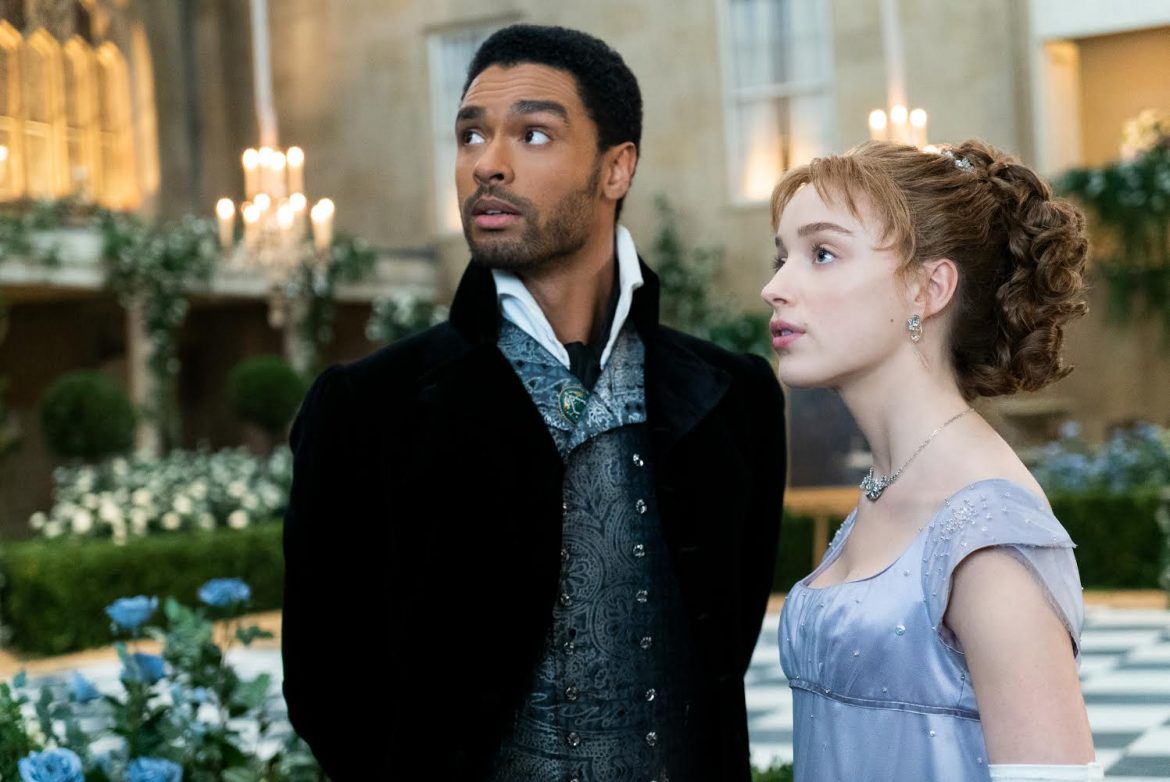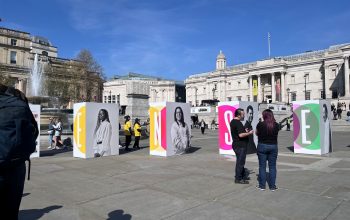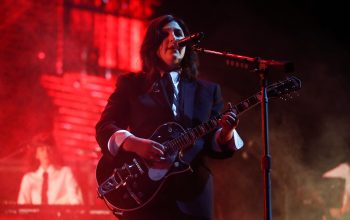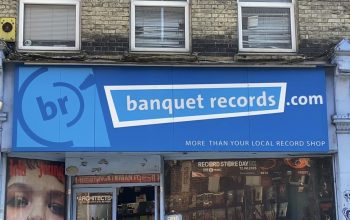Isolated from our families on Christmas day and unable to kiss a stranger at midnight on New Year’s Eve, Bridgerton was the escape we all needed.
The period drama brought our living rooms to life with fantasy, romance and passion.
Set in 19th century London, we were spoilt with ballroom gowns and men in top hats and coats. What more could you want to distract yourself from the gloom of covid?
The series, released on Christmas Day, served as the sweet remedy for our 2020 blues.
It smashed the Netflix record books, becoming the most popular series ever, transfixing 82 million households across 83 countries, and staying at number one on the Netflix charts for over three weeks.
Regé-Jean Page as the Duke of Hastings stole our hearts as well as Daphne’s (Phoebe Dynevor).
The male and female romantic leads’ chemistry was intense. Think Pride and Prejudice with a truckload of steam.
Yes, the story-line was a tad predictable, but we all love a formulaic, happy-ending romance.
What was truly so unique and inspirational about this series was not its narrative, but effortless diversity.
Diverse casting
It is 2021, and only a handful of mainstream romantic films and series have cast a Black romantic lead, even fewer (if any) with a Black British queen.
Sure, there have been period dramas which have cast Black, Asian and minority ethnic (BAME) actors in peripheral roles, like the new Mary Queen of Scots starring Margot Robbie, but none have had as diverse a cast as Bridgerton.
The series forged the way for new productions to cast anyone in any role, no matter their skin colour.
After all, this is fiction we are talking about; there is no reason for the queen to be white.
The way Bridgerton illustrated ye olde England, where all races were given equal standing, is a much more enjoyable fantasy than the disturbing history directors are boringly regurgitating time and time again.
Netflix’s vice-president of inclusion strategy Vernā Myers said Bridgerton was shot with an inclusive lens.
“We had a special person to think about recruitment, specifically for underrepresented groups, and we started with people of colour, and we really emphasised Black.
“Bridgerton is something we have never seen before,” she told The Guardian.
Black scriptwriter Joy Mitchell worked on adapting the novels, written by Julia Quinn, and wanted to actively create a production that normalised BAME actors in period dramas.
“For me, I just wanted to normalise that Black and Asian people were there, that there were diverse people in England,” she said in an interview with the BBC.
“These people have sort of been erased from history, and Bridgerton did it in a bigger way.”
Bridgerton may be described as out of the ordinary and a breath of fresh air now, but the film industry is making progressive strides forward.
Diverse casting and scriptwriting will become the new norm and it is safe to say, Netflix viewers from all corners of the world are itching for season two.





